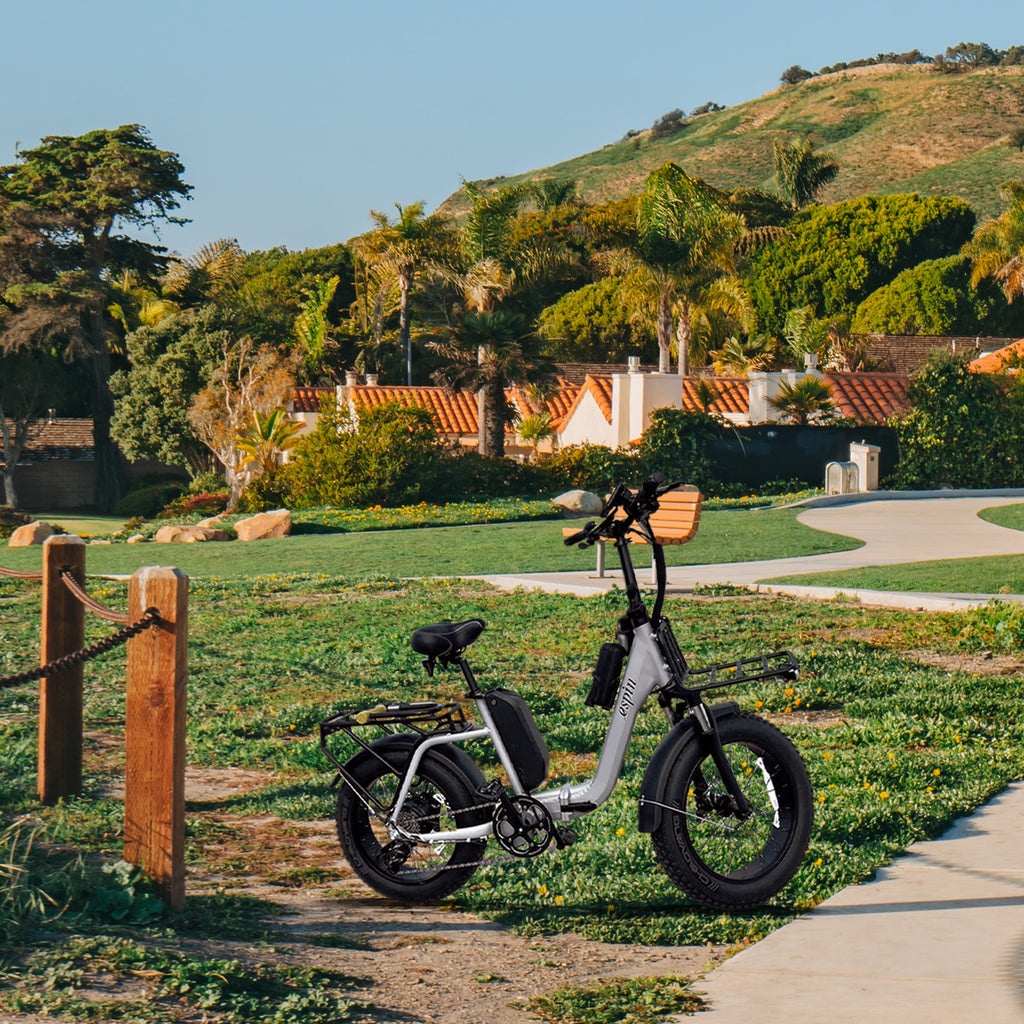11 Key Points to Consider Before Buying an Electric Bike

Electric bikes, or e-bikes, have revolutionized the way people commute and enjoy cycling. With their electric motor assistance, they offer a convenient and eco-friendly alternative to traditional bikes. However, choosing the right e-bike can be overwhelming with the variety of options available. Here are 11 key points to consider before buying an electric bike:
-
Safety Features and Certifications: Look for e-bikes with integrated high-visibility lights, reliable brakes for nighttime riding, and certifications like UL or equivalent for safety.
-
Motor and Power: Consider the motor efficiency, power output, and type (hub motor vs. mid-drive motor) as they can impact the bike's performance, especially on hills or when accelerating.
-
Battery Range and Speed: Balance the battery's range and weight to ensure long-distance travel on a single charge without compromising speed. This achieves maximum speed and safe control while efficiently blending convenience, availability, and performance.
-
Sensor Type: E-bikes feature two sensor types: cadence sensors or torque sensors. Cadence sensors activate when the rider starts pedaling, sending a certain amount of power to the motor to propel the rider forward until reaching maximum output. Torque sensors, on the other hand, are more intuitive. They recognize the pressure applied by the rider when pedaling and match it, creating a smoother, more natural riding experience. This ultimately can save battery life and extend the riding range.
-
Frame Material: The strength, durability, and weight of the frame material (e.g., aluminum alloy, carbon fiber) contribute to the overall performance and lifespan of the bike. Most e-bike frames are made of aluminum alloy, a lightweight and durable material, although there are now more frame options available, including steel and carbon fiber. The frame material, as well as the design and size of the motor and battery, play a crucial role in the total weight of the bike and the riding feel. Material matters.
-
Components and Warranty: High-quality components (gears, brakes, suspension) enhance riding comfort, safety, and lifespan. Look for brands that offer a comprehensive warranty to ensure you can ride longer while letting us worry about it.
-
Convenience Features: The convenience of an e-bike depends on intuitive controls, easy charging, user-friendly interfaces, and the bike's portability. This includes folding frames for storage and transport, especially important for commuting with multiple modes of transportation, enhancing the overall riding experience.
-
Maintenance and Test Rides: Availability of replacement parts, ease of repairs, and overall maintenance requirements are important factors.
-
Value for Money: Enhances the overall purchase and ownership experience by balancing the cost, features, and performance, as well as the added value of comprehensive warranty coverage and responsive customer support.
-
Aesthetics and Design: The aesthetics of an e-bike involve subjective but crucial elements like style and design, emphasizing the seamless integration of components (such as batteries and wires) to enhance the bike's appearance, reflecting the rider's personal taste and the bike's technological complexity.
-
Innovation and Additional Features: E-bike innovations include smart features like smartphone integration, anti-theft systems, and GPS, as well as high-quality accessories like racks, fenders, and lights, significantly enhancing usability and user experience through technological advancements and practicality.
By considering these 11 key points, you can make an informed decision when purchasing an electric bike that best suits your needs and preferences. Remember to test ride different models to find the one that feels right for you.
